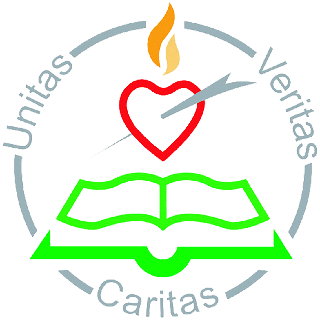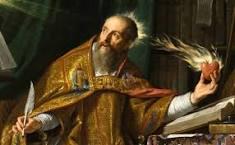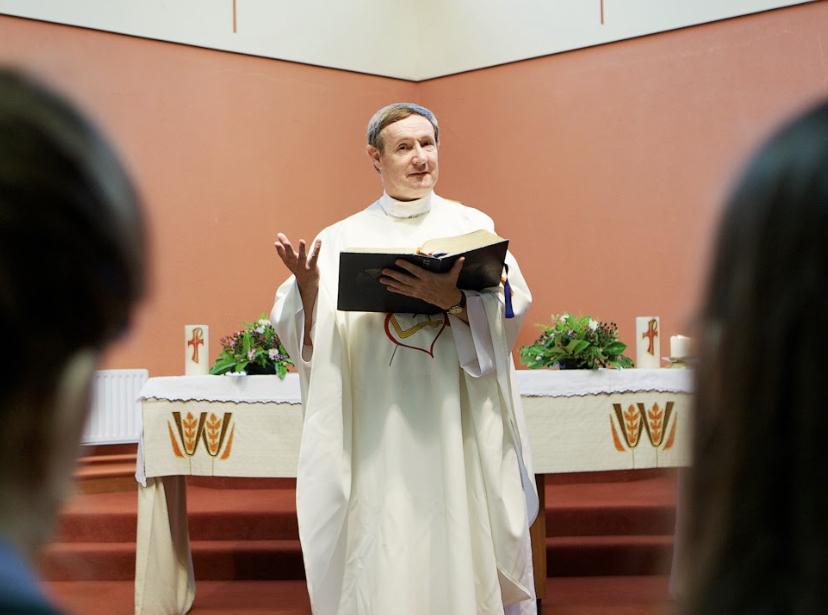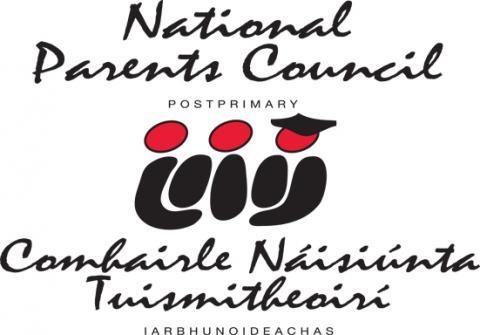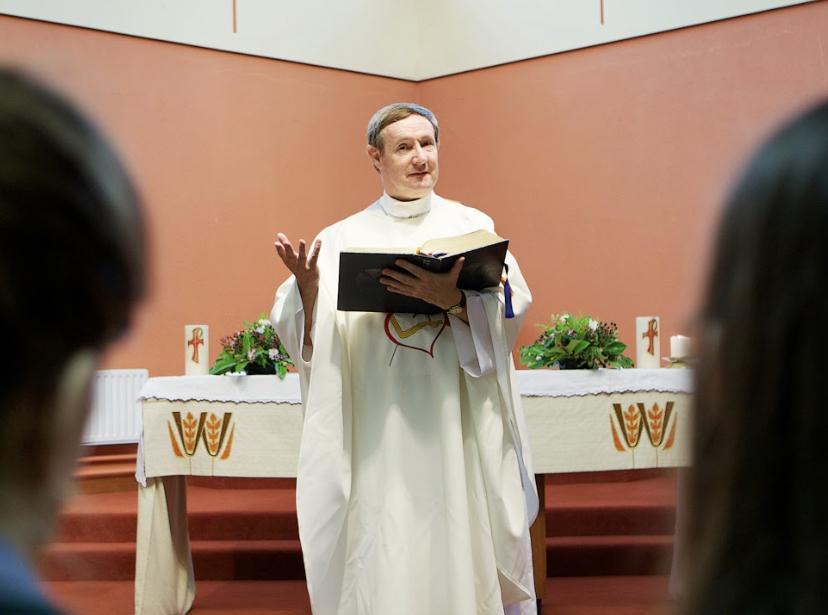Displaying 1681-1690 of 2281 results.
HúlaíAibhistīn
Created : 20 Apr 2020, 9:02 AM
Archived : 20 Jun 2020, 12:00 AM
Archived : 20 Jun 2020, 12:00 AM
Húlaí Aibhistín Edmodo Code crc9m2
Message from Michael O'Sullivan (Principal)
Created : 19 Apr 2020, 10:03 AM
Archived : 19 Jun 2020, 12:00 AM
Archived : 19 Jun 2020, 12:00 AM
St. Augustine & St. Monica (P1) Fr. Gerry Horan (OSA)
Created : 18 Apr 2020, 10:48 AM
Archived : 18 Jun 2020, 12:00 AM
Archived : 18 Jun 2020, 12:00 AM
The lives of St. Augustine and his mother, St. Monica, have much to teach us with regard to living the Christian life from day to day. Most of us know that for a man who was to become one of the greatest saints in the history of the Church, the young Augustine was certainly no angel. He was the most normal of youngsters, jealous of his younger brother if he felt their mother Monica was paying him too much attention. He loved to play and he tells us how he much preferred to steal pears from his neighbour’s tree than to pick them from his own. And it wasn’t for the pears, but for the badness of doing it!
He hated going to school and he complained bitterly to Monica whenever he came home having been chastised by the teacher. Spare the rod and spoil the child seems to have been the prevailing educational philosophy in Augustine’s day. Despite detesting school, however, Augustine was extremely bright and he became a teacher in the city of Carthage, a great capital city of the Roman Empire in the fifth century. At Carthage, Augustine had everything that the pagan life could offer – friends, male and female, a fine city in which to live and interesting studies to pursue. He had a partner for fifteen years, with whom he had a son, Adeodatus, which means “given by God”. Along the way, he turned his back on the Church and he lived for a number of years as something of a heretic. It was primarily the prayers and tears of his mother Monica coupled, of course, with the grace of God, which served to bring about his eventual conversion.
The life and conversion of Augustine teaches us in a very dramatic way that no one is beyond God’s mercy and redemption. There is no such thing as a hopeless case where God is concerned. One very definite lesson which we can take from Augustine’s life is that we must never lose trust in the grace and infinite mercy of God, which is constantly working in ways totally beyond our human comprehension.
National Parents’ Council
Created : 17 Apr 2020, 10:14 AM
Archived : 17 Jun 2020, 12:00 AM
Archived : 17 Jun 2020, 12:00 AM
Free Audible - Novels
Created : 15 Apr 2020, 8:44 AM
Archived : 15 Jun 2020, 12:00 AM
Archived : 15 Jun 2020, 12:00 AM
Mental Health Supports & Services during Covid-19
Created : 19 Mar 2020, 11:00 AM
Archived : 13 Jun 2020, 12:00 AM
Archived : 13 Jun 2020, 12:00 AM
Guidance
Please see attached a list of HSE approved mental health supports and services during Covid-19. Students can email Ms Elaine Moore - School Guidance Counsellor @ guidance@staugustines.ie and contact will be made with student and/or parent/guardian. Please see guidance webpage on school website for more supports and information and @friaryguidance twitter.
www.hse.ie/eng/services/list/4/mental-health-services/connecting-for-life/news/supports-and-services-during-covid-19.html
Shine Your Light
Created : 11 Apr 2020, 12:13 PM
Archived : 11 Jun 2020, 12:00 AM
Archived : 11 Jun 2020, 12:00 AM
Guidance
At 9pm, ‘Shine Your Light’ invites the country to shine a light – be it a candle, a light or even Christmas lights – in your window to pay tribute to those “keeping us going through these dark times”.
People around Ireland urged to shine a light in their windows today for the sick, and front line workers at 9pm.
Peace & Joy this Easter - Fr. Gerry Horan OSA
Created : 10 Apr 2020, 10:00 PM
Archived : 11 Jun 2020, 12:00 AM
Archived : 11 Jun 2020, 12:00 AM
“We are an Easter people and ‘alleluia’ is our song”.
So said St. Augustine some 1800 years ago and it is still as true today as it was then.
Augustine was writing at a time when the world was a dangerous place, especially
for Christians, but he encouraged them to stand strong against the tide of paganism
and violence that surrounded them.
They were “Easter People” because they believed in the resurrection of Jesus.
They were “Easter People” because they had decided to follow that same Jesus and
to model their own lives on what he did and taught. Above all, they were “Easter People”
because they had confidence in God despite anything the world might say or do to them.
That is what they believed and that is why their song was “Alleluia”.
“Alleluia” means “Praise the Lord”. The word has been used by Christians for centuries.
It is used most often at Easter time but it’s the perfect word whenever we want to
praise God and to thank him for his goodness.
There are times when we most certainly do not feel like praising God. Life can be tough
through COVID-19, illness, unemployment, grief, arguments at home, etc., etc. When
we praise and thank God we are not saying that everything is ok. What we are saying is
that, despite everything else that might be going on, God is close all the time and God is
good all the time. If it hadn’t been for God’s goodness at Easter, Christianity wouldn’t
exist and we would not have the hope, the promise or the confidence in God that we do
now. Thanks be to God for the gift of Easter!
**May every member of the Friary family be blessed with peace and joy this Easter and
Beyond. You will be in our thoughts, prayers and Masses throughout the Season. **
State Examinations Update
Created : 10 Apr 2020, 5:28 PM
Archived : 10 Jun 2020, 12:00 AM
Archived : 10 Jun 2020, 12:00 AM



